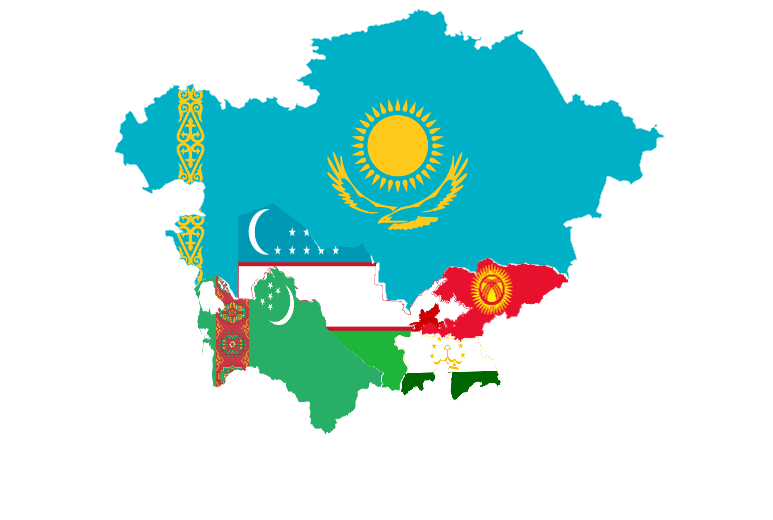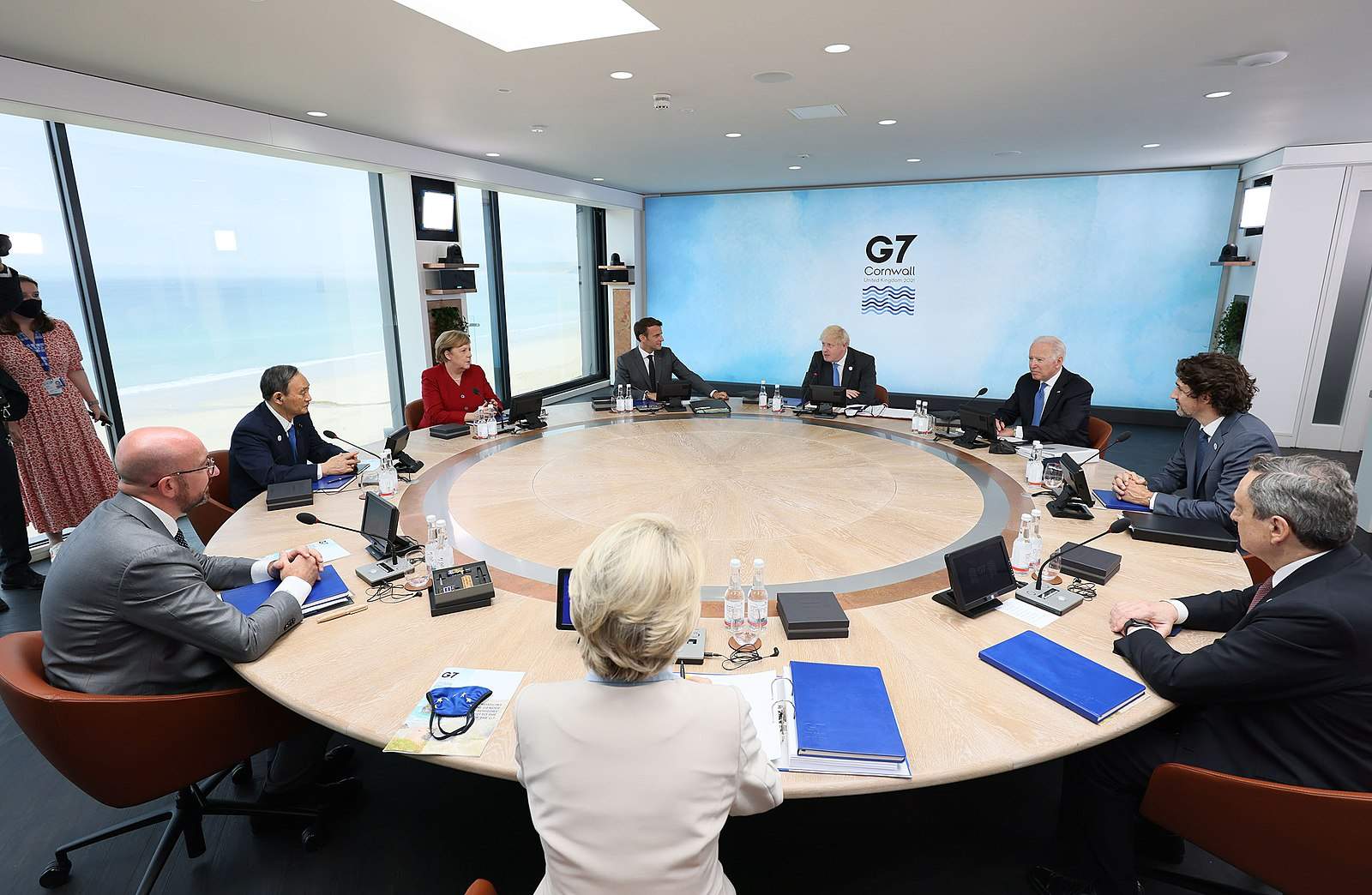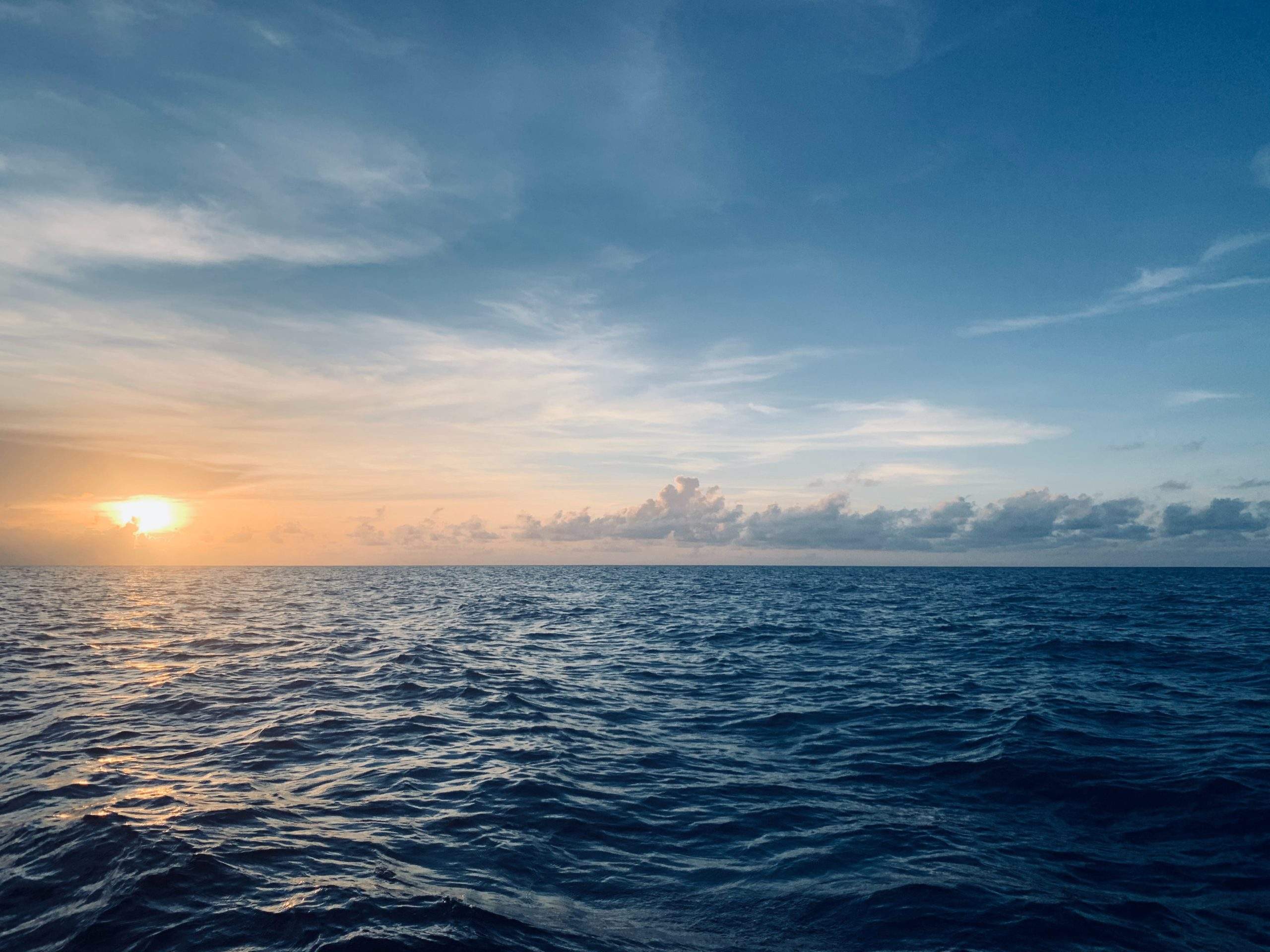
A new EU Special Representative for Central Asia: Towards Enhanced Cooperation
Tehri Hakala, the newly appointed EU Special Representative for Central Asia visited the region in August 2021. What can we expect from her term as EUSR and what are the EU’s priorities in its relations with the region?








